Hello to My Followers, Readers and Blogging Friends ❤
How are you all. Keeping well and in Good Spirits I Hope. Today I am going to write about Psychology of Exams. Let me see how it will go, as after I want to give some Exam Papers to see what You all have learnt so far. An exam is a formal test that you take to show your knowledge or ability in a particular subject, or to obtain a Qualification 🙂
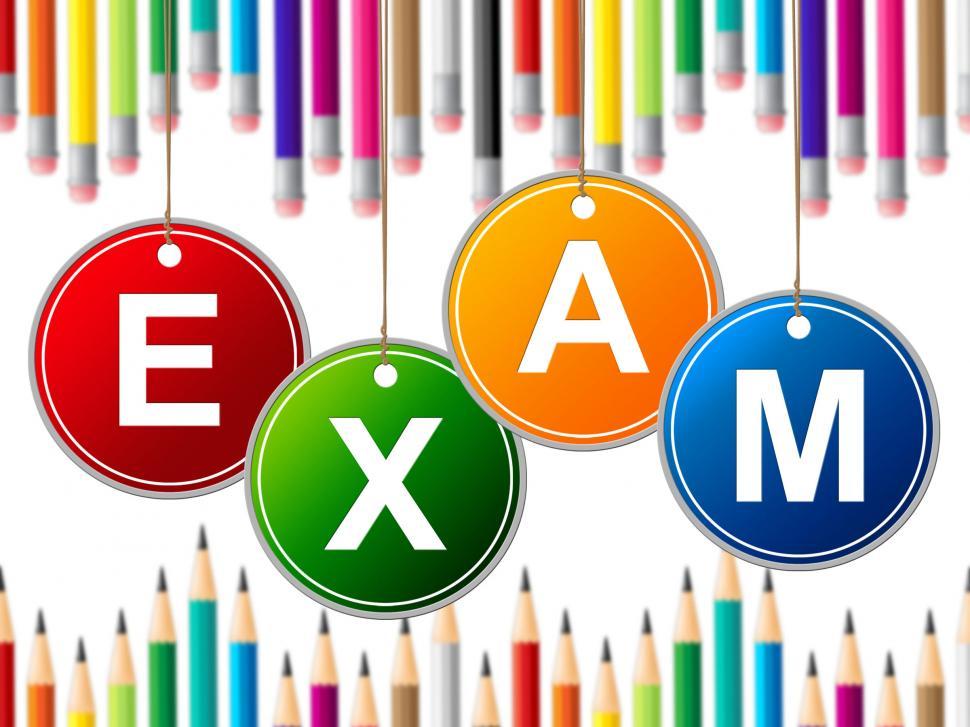
Learning about the psychology of exams and how your brain works during these stressful times could help you perform at your best. So, what should you keep in mind when studying? If you’re feeling a little stressed about your exams, it turns out you’re actually doing something right. Little stress will actually increase your performance – up to a certain point. , if you go into your exams too relaxed and do not think of other things to do later! Taking exams is stressful, but you can make it easier by improving the way you study. Studying for your exams effectively and efficiently will keep you from feeling unprepared, and it will set you up for success.

Setting the Foundation for Later: Review your syllabus. Figure out when all of your exams will be and how much of your grade they are worth. Put these dates on your calendar or planner so they don’t sneak up on you!
- Plan review sessions beginning at least a week in advance of each exam. Ideally, you’ll do several mini-reviews well in advance, gradually increase the time in which you study, rather than trying to cram everything into one mega session the night before the test.

Take good notes. This is easier said than done, but learning how to take good notes will help you immensely once it comes time to study. Write down everything important I write on . Try to record as much of what I write as possible. Review your notes daily. This will help reinforce the information you just learned.
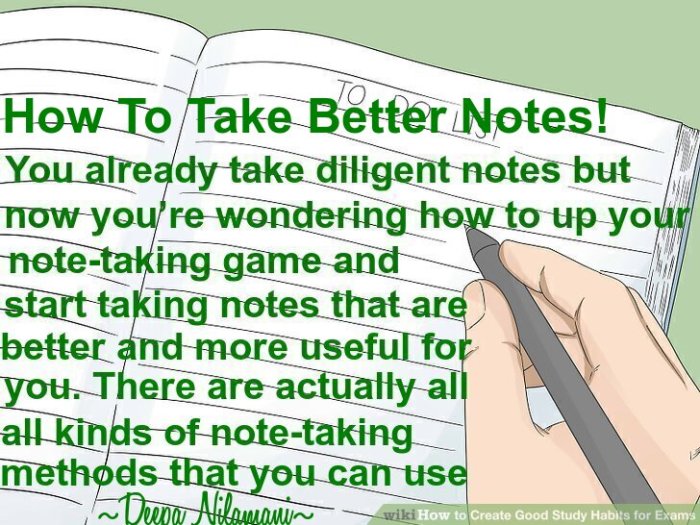
Make studying a part of your habits. Too often, it’s easy to view studying as something that only gets done at the last minute in a huge overnight cram session. Instead, try setting aside some time every day to study. Scheduling it just like another appointment or class may help you stay motivated to continue the habit. Create a digital or paper timetable to help you schedule your studying “appointments.” Reader Poll: The preferred way to organize study time is by making paper revision timetables.

Write yourself a study guide. Go through your notes and rewrite the most important information. Not only will this give you a more focused way to study, but it creating it is another form of studying! Just don’t spend too much time on the guide itself: you need to have time to go over it too!

Study in a clean , quiet and orderly room. Keep anything and everything away from where you are that may cause you to get distracted. Jumping up to read a text message on your phone or periodically checking social media is not advised whilst studying.

Turn on the light! Studying in a dark room is not recommended. Add lamps at night, or in the daytime, open the window coverings (open the window a little, too). People tend to study and focus better in a brighter, oxygenated room with little noise. Decide if music is right for you. Music’s effect on memory performance varies between individuals. Some studies have found music to aid the memory performance. Classical music appears to be the most effective in enhancing studying performance. You must determine whether you’re better off with or without it. If you do enjoy listening to music whilst studying, make sure you’re actually concentrating on the material you have to study for, and not the catchy tune that’s playing in your head. Below is a “Grand Piano” It has to be opened when Playing. Happy Listening 😀
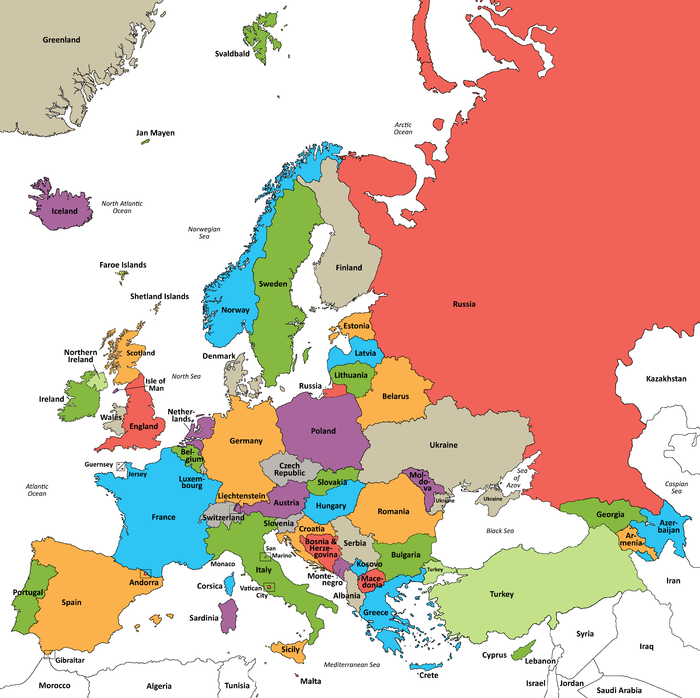
Above is a map of Europe and You can see “France” and the world’s bestselling pianist RICHARD CLAYDERMAN playing a Beautiful Music on The Grand Piano. I also have played on a piano and I really Love this tune and He is a real Gentleman as you can see. the most photographed landmark of Paris, the Eiffel Tower in the middle was Constructed by Gustave Eiffel in 1889, it stands tall in the centre of Paris (Capital of France) with a height of 324 meters. The tower has three levels for visitors, with restaurants on the first and second levels. The top level’s upper platform is 276 m (906 ft) above the ground – the highest observation deck accessible to the public This is the tallest building in Paris, Also some pictures of Other places in Europe which I will write later 🙂

- If you absolutely must listen to music, find instrumental music so that the words in the music don’t interfere with your studying.
- Listen to background sounds from nature in order to keep your brain active and prevent other noises to distract you. There are several free background noise generators available online.
- Listening to classical music won’t make you smarter or keep information in your brain, but it may make your brain more receptive to receiving information.
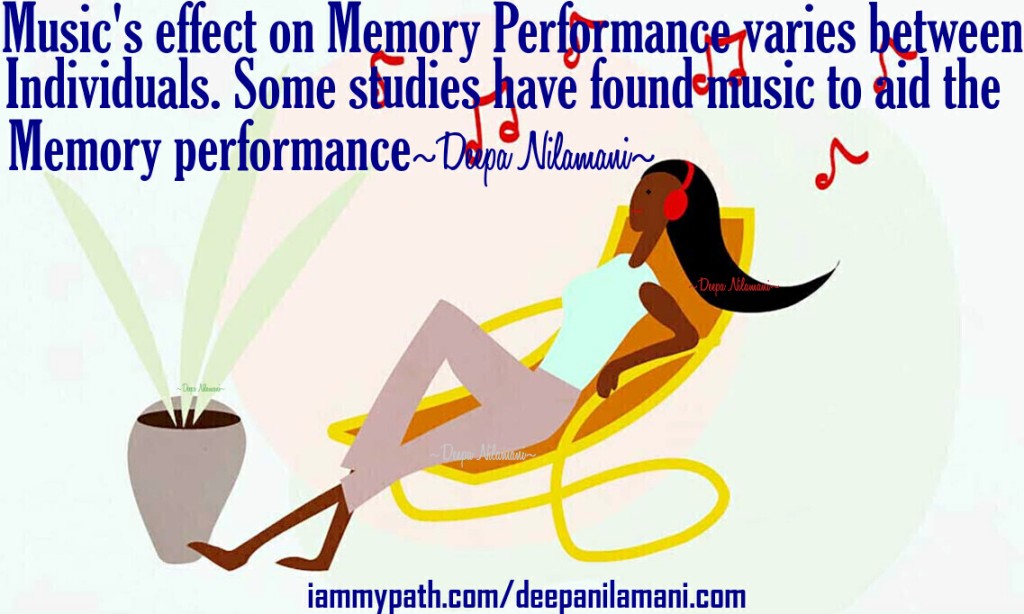
Focus on your work objectives. What do you intend to accomplish during this session? Setting a concrete study goal may help you. Creating study plans is also a good idea. If 3 out of 5 lessons are easy and can be finished fast, finish them first, so you can spend quality time on the difficult lessons without fretting. Also, keeping a folder for your exam reviews is a good way to keep organized.
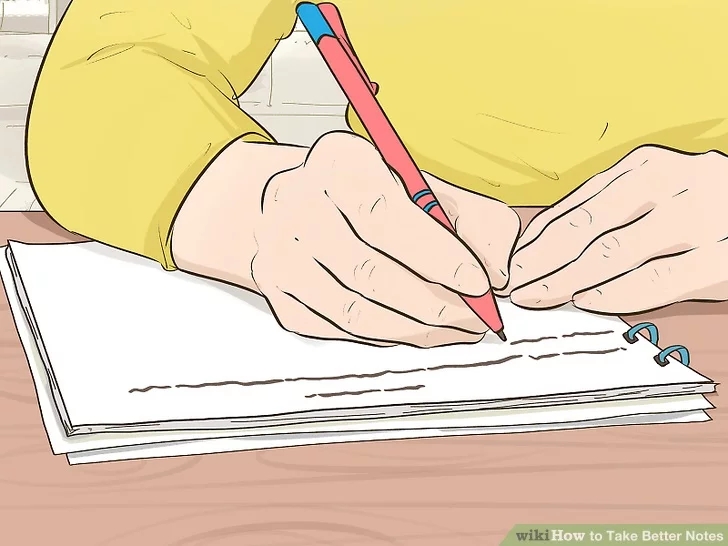
Reinvent your notes in other formats. Rewriting your notes is great if you’re a kinesthetic learner. Mind mapping is the most effective way of doing this. Also, when you re-write something, you will probably think about what you are writing, what it’s about, and why you wrote it down. Most importantly, it refreshes your memory. If you took notes a month ago and just found out that those notes will be relevant in your exam, rewriting them will remind you of them when you need it for your exam. Don’t simply copy your notes over and over again. This tends to lean towards memorizing the exact wording of your notes instead of the actual concepts. Instead, read and think about the contents of your notes (such as think of examples), and then re-word them.

Ask yourself questions about your material. This can help you tell if you have remembered what you just studied. Don’t try to remember the exact wording from your notes in your answer to yourself; synthesizing that information into an answer is a much more useful tactic. It can also help to say the answers to your questions out loud, as if you were trying to explain it to someone else.

Review previous tests and assignments. If you missed questions on previous work, look up the answers and understand why you missed these questions. This is particularly helpful if the exam you’re studying for is cumulative or comprehensive, meaning it covers things you also covered earlier in the course.

Find the right hours. Don’t study when you’re really tired. It’s better to get a good night’s sleep after studying for a short time than to push on at two in the morning. You won’t remember much and you’re likely to see a performance drop the next day.

Start as early as possible. Don’t cram. Cramming the night before is proven to be ineffective, because you’re taking in so much information at once that it’s impossible to memorize it at all — in fact, you’ll hardly retain anything. Studying before and going over it multiple times really is the best way to learn the material. Always study when you have the chance, even if it is only for 15 or 20 minutes. These short study periods add up fast! After that make a break of 5 minutes; if needed. Think positive but work hard. Self confidence is important; focusing on how little you’ve studied or how badly you think you will do on the exam just distracts you from working on achieving success. However, this doesn’t mean that you shouldn’t study hard. You still need to work at it, even if you have confidence in yourself. Confidence just keeps away roadblocks to success.
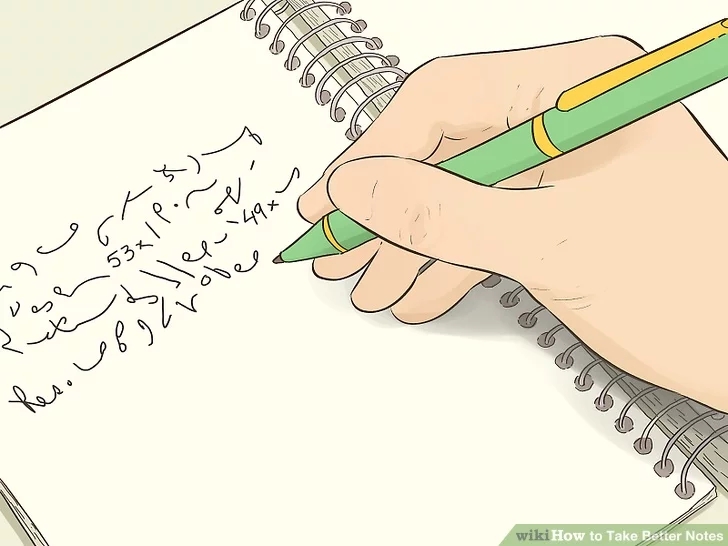
Sleep
While it may be tempting to stay up a little later to study the night before an exam, you may be not helping your marks.
People who have less than six hours of sleep a night have a level of cognitive deficit, but they’re not aware of it. They have a coffee and they feel ok, but their ability to analyse things is severely impacted.
Sleep is so important as there are quite a number of things that happen physiologically during sleep that help store memories for recall.
For most of us, it’s more important to get a decent night’s sleep than to cram and go into the exam on only a few hours of sleep.
So on that note, it’s good luck and good night.
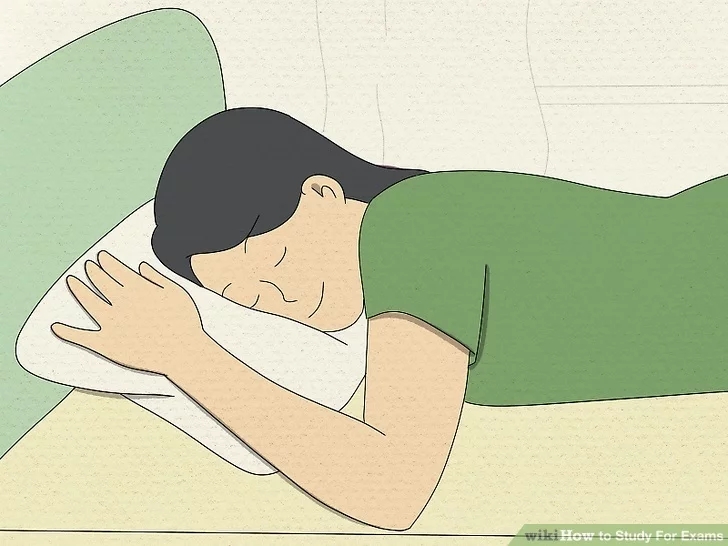
- Eat a healthy, light meal. Eat a breakfast, Some king of bread or rice, fruits or and vegetables, whatever you have or eat other days. A sample breakfast might include spinach, toast, and a banana or any other things you have.
- 3Bring a snack. If your exam is a long one, bring a snack with you if you’re permitted to do so. Something with some such as a sandwich will help boost your concentration.
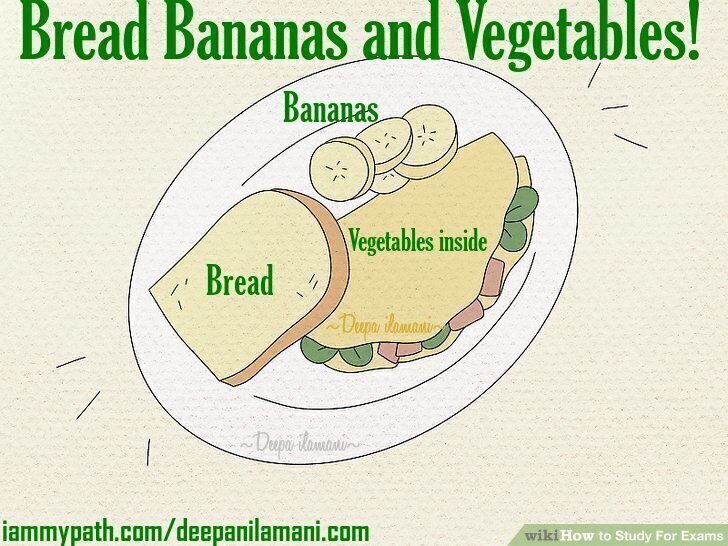
Get to the exam room with time to spare. Give yourself at least five or 10 minutes to gather your thoughts before starting the exam. This way, you can get settled in and have time to relax before the test starts. Do the questions you know first. If you don’t know the answer to the question, do the next one and come back to it at the end. concentrating on a question you don’t know the answer to can be time consuming, which makes you lose valuable marks.
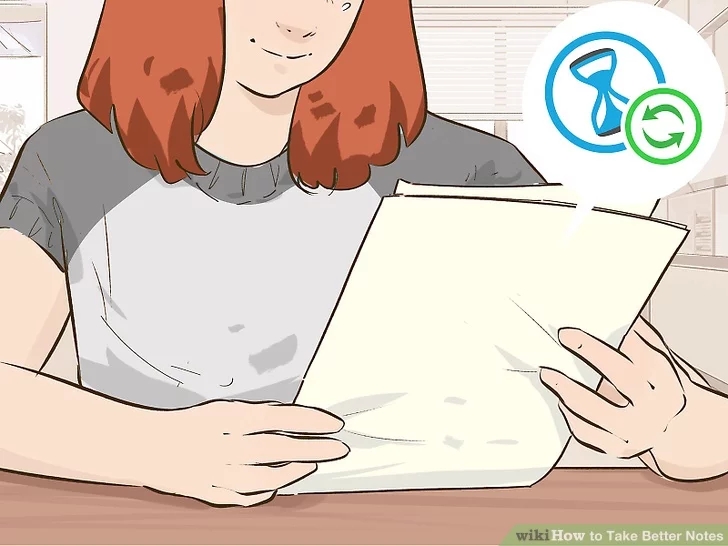
Next few posts I am going to give you all some Exam Papers” to “Test Yourselves to see how much You have remembered and learnt” Best of Luck 🙂
Concluding Comments: Finally I Hope You have learnt new Knowledge and also how to do your exams and Succeed in your Life 🙂
Latest Update: 13th April 2024. This is “The 241th Post” and with the “Introductory Page this will be all in Total up to date, 242 posts. On Top Right-Hand side, you are able to see: The word “Menu” when you click on it. You will see the word “Home” All the posts from “The Very Beginning comes ~ Under “Home”. Which is The Introductory Page about: Who I am & Why I am Writing!
I am Moving on as usual with “My Own Journey of Wellness, Encouraging and Healing” So that Everyone can have “Faith, Hope and to Heal” To Lead a Better Life of Good Health, Happiness and Joy”. If you click on the Link, you can Read This Post: The Therapists Voice Forward!
Thank you for Reading and The I net for the picture quotes I have shared and to https://www.online-image-editor.com/ for the Quotes I have done Myself ❤
The Topics in Green, if you “Click” on them “Will take you to My other different posts which you will be able to find more information and even Pronunciation”. I have another website with “My own little Poems and Pictures of some of My Hobbies” if you are interested on seeing, “What else I am doing” during my spare time you can have a look at: https://deepanilamani.com/
As always, it is all free”. You can share and pass it on also for others who can benefit from this post. I hope All those who Read will be able to make the maximum use of all these facts and make, “Your Lives More Healthy and able to Lead Better lives in Happiness and Peace”. I wish it to be so as,” Peace which is our Ultimate Goal in life ❤
Sending Loving Thoughts and Healing Energies To You ❤
May God’s Blessings Be Upon You ❤
Deepa Nilamani ❤

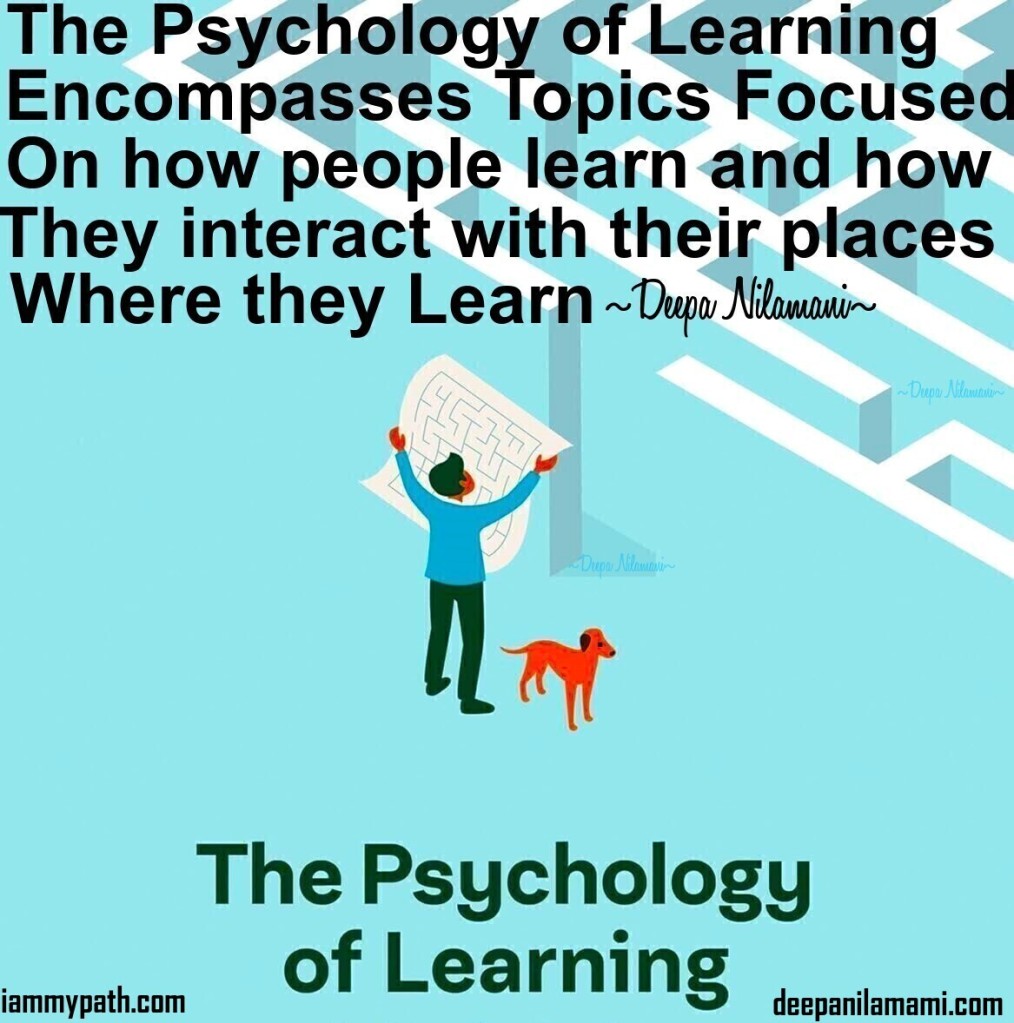

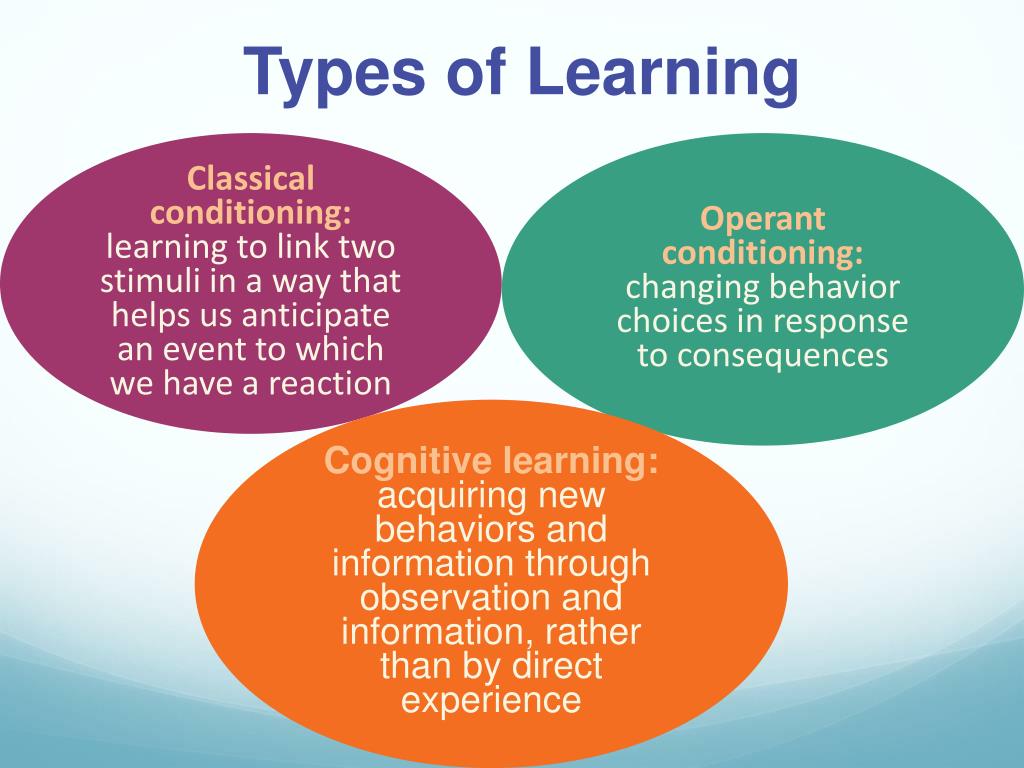
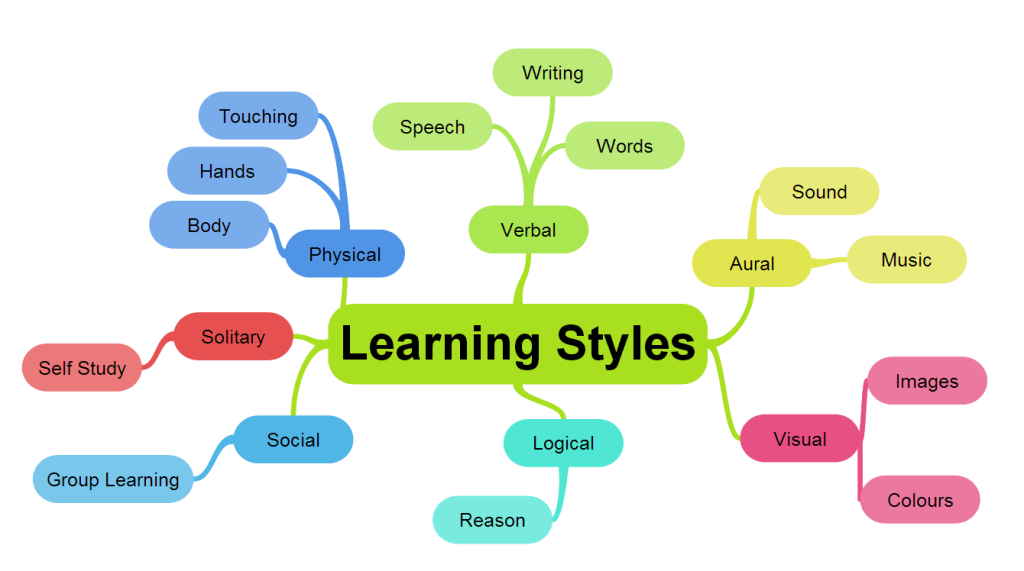
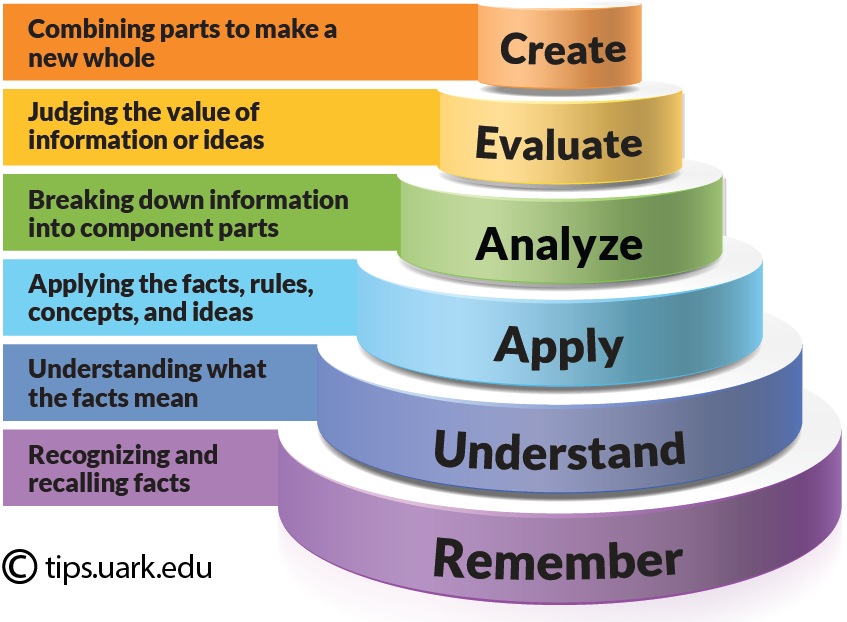

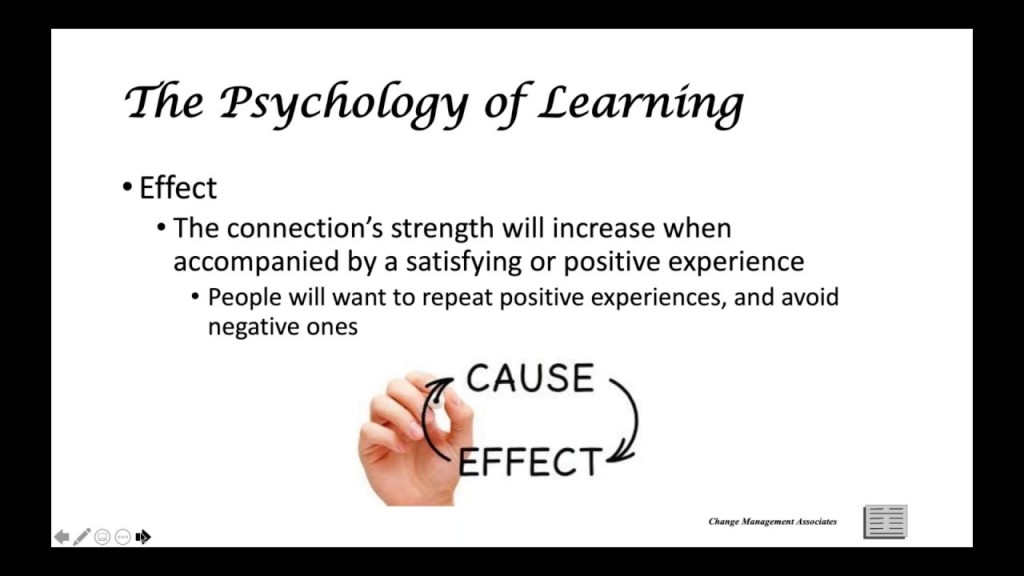


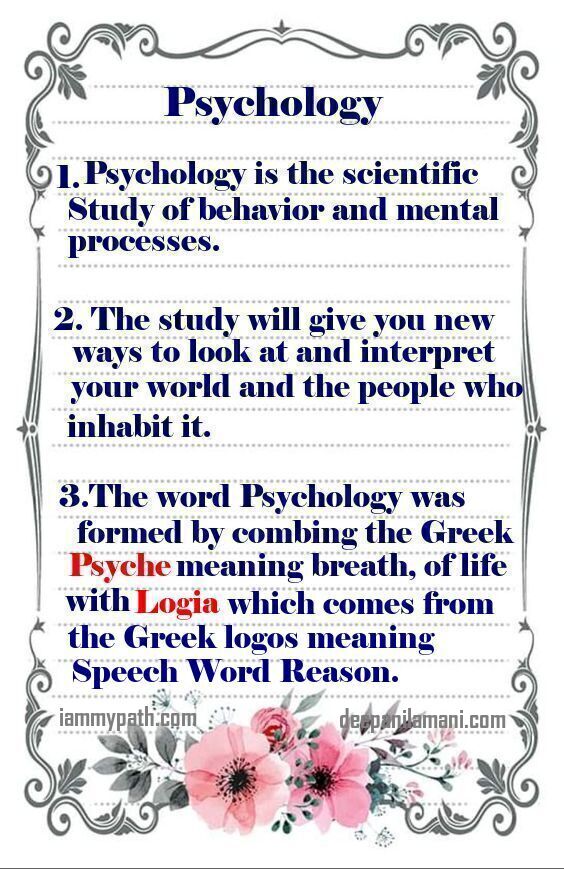
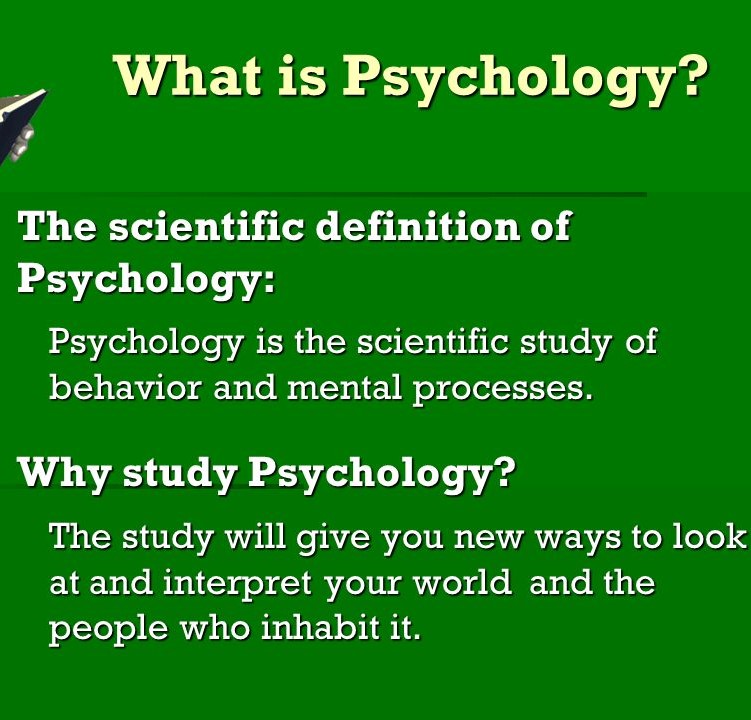
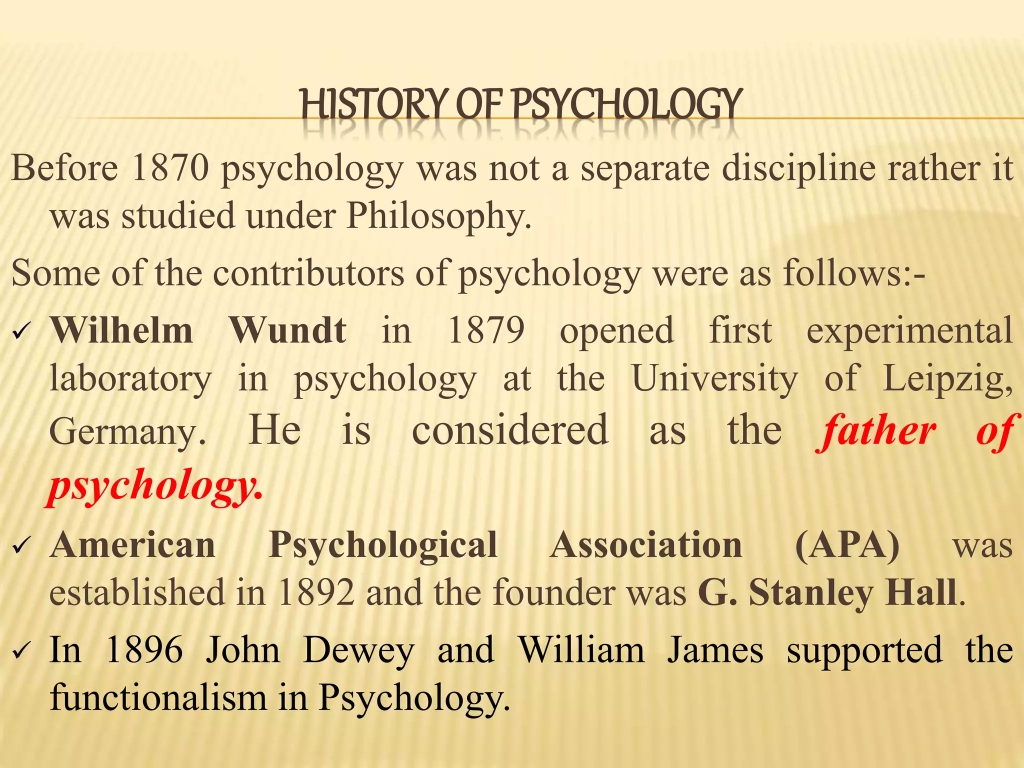

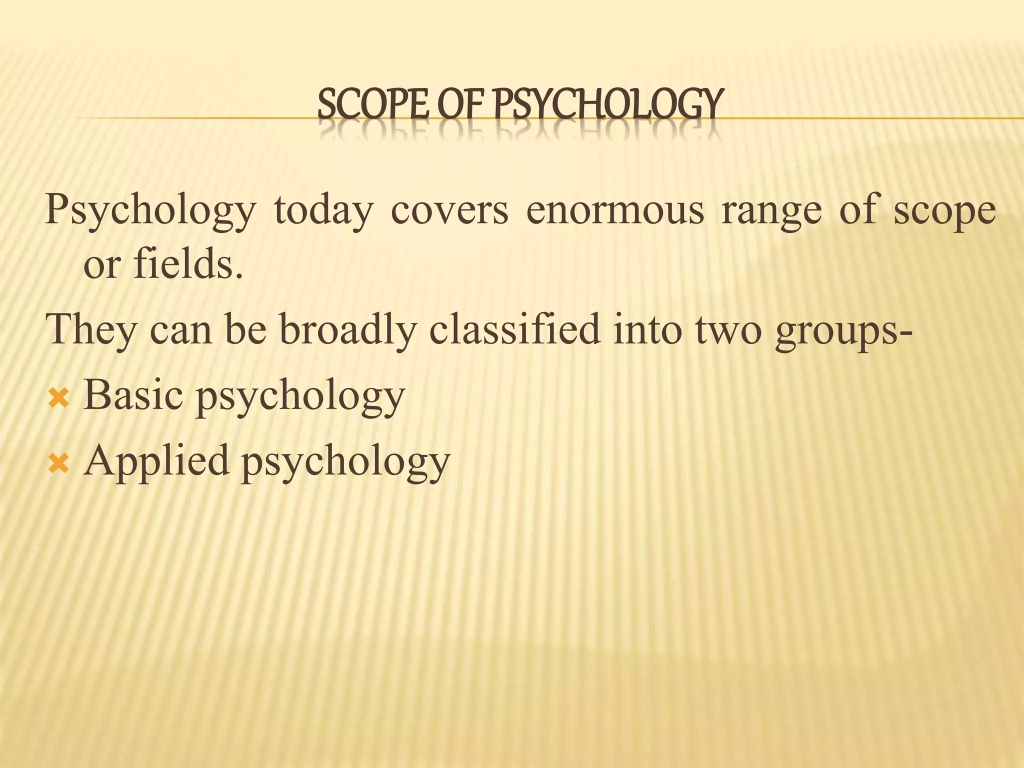
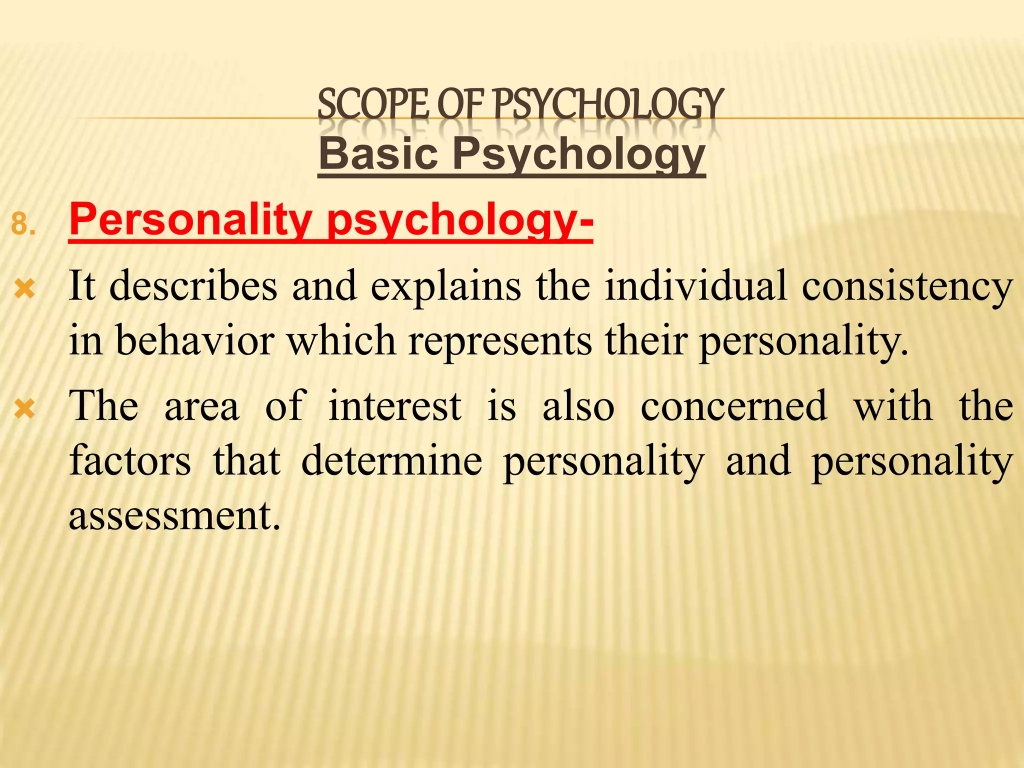
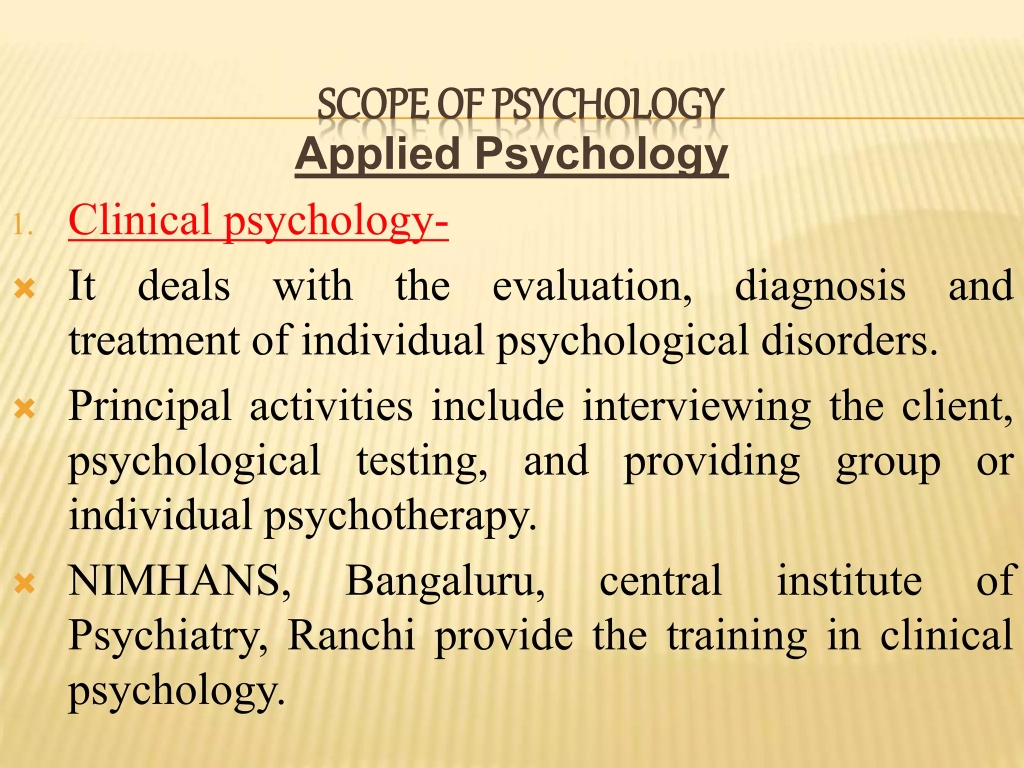
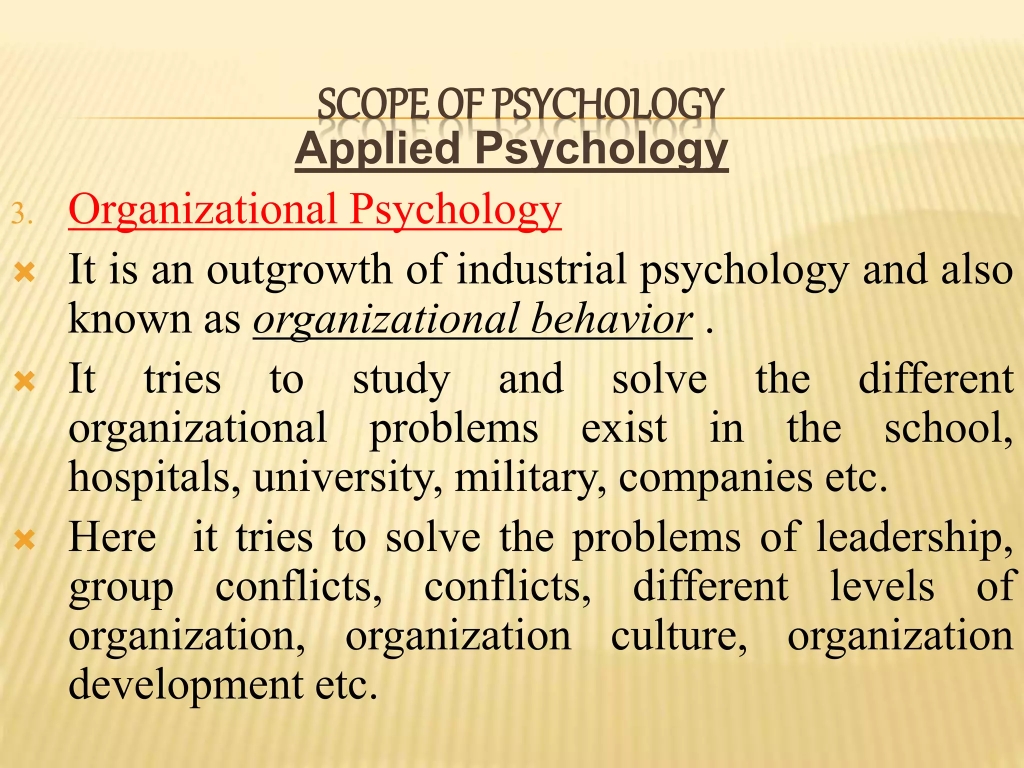

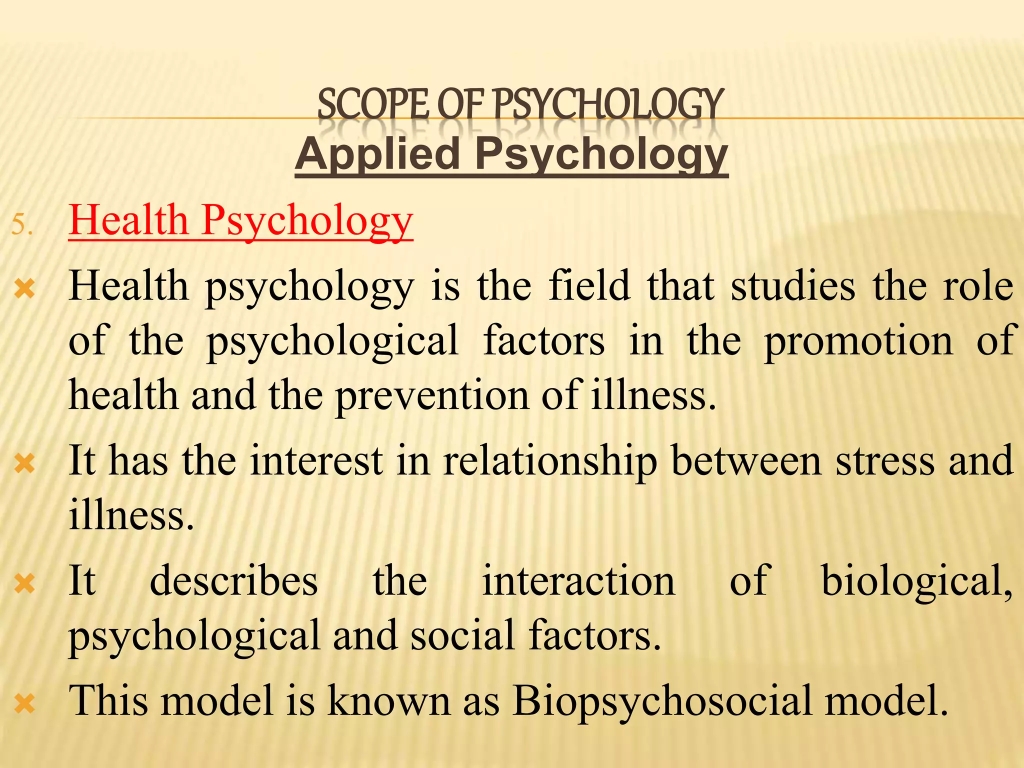














You must be logged in to post a comment.